What are the chances of having a child born to a couple where one of the spouses has AIDS and being infected?
There is a chance that a child born to a couple with HIV will be infected. But it is not 100%.
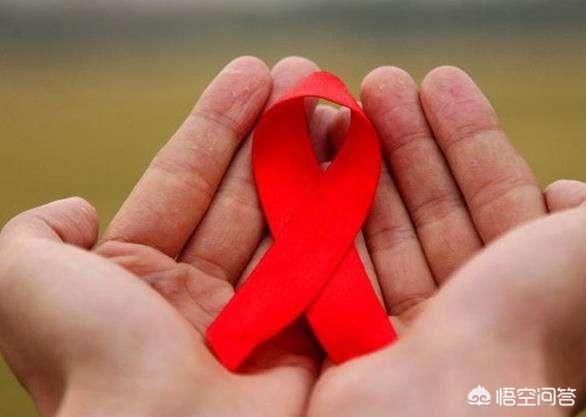
AIDS is a dreadful and extremely dangerous infectious disease, which mainly attacks the immune system of the human body, making the human body lose its immune function, and it is very easy to be infected with other kinds of diseases as well as malignant tumors, and it is often difficult to escape death in the later stage.
The main routes of transmission of AIDS are: blood transmission, mother-to-child transmission, and sexual transmission.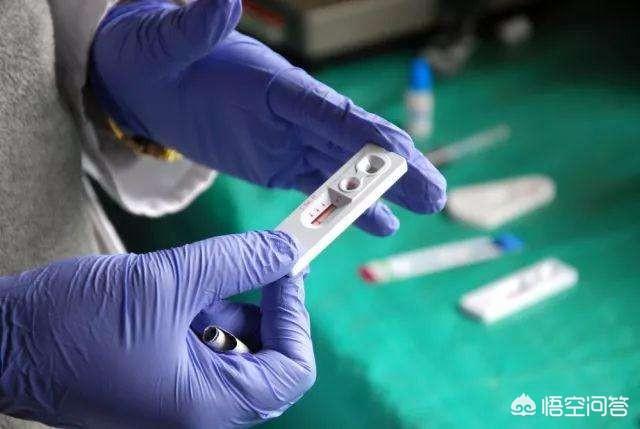
There is a popular saying that "if you have AIDS, you will never have a child", but this saying is actually wrong, and it does not mean that if you have AIDS, you will definitely infect your child.
When a woman goes to the hospital to confirm her pregnancy, a series of blood tests are carried out, including an HIV screening test. If the woman is found to have HIV, she will be informed and asked to decide whether or not to continue having children. If she chooses to continue to have children, the hospital will recommend antiretroviral drug interventions to prevent mother-to-child transmission of HIV as much as possible.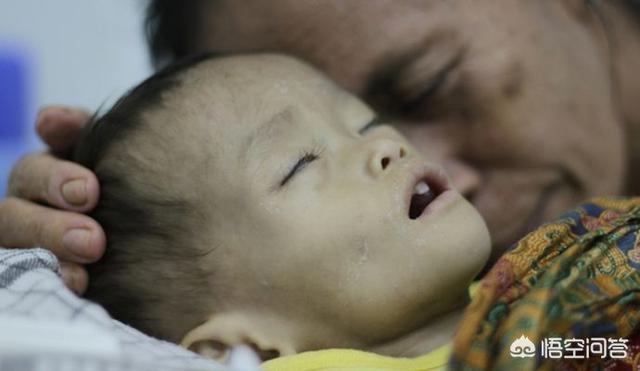
Upon investigation.When a person with AIDS begins a full course of treatment interventions during pregnancy, the chances of a young child being born infected are less than 10%; without treatment interventions, the chances of being born infected are as high as 40-50%.That is why the chances of pregnant patients who undergo the full intervention treatment to give birth to a healthy baby are still considerable. Also, breastfeeding should not be practiced with this type of condition.
May AIDS families have healthy babies.
Follow Beauty Pharmacist with Your Health Let Beauty Pharmacist with Your Babies.
Click on the top right corner to follow me and let me bring you more health knowledge.
Traditionally, AIDS was considered to be a terminal illness, not to mention the birth of a child. Nowadays, with the advancement of technology, this dream can become a reality. A single-positive family is one in which only one of the spouses has AIDS. With modern technology, a child born to a single-positive family is less likely to be infected.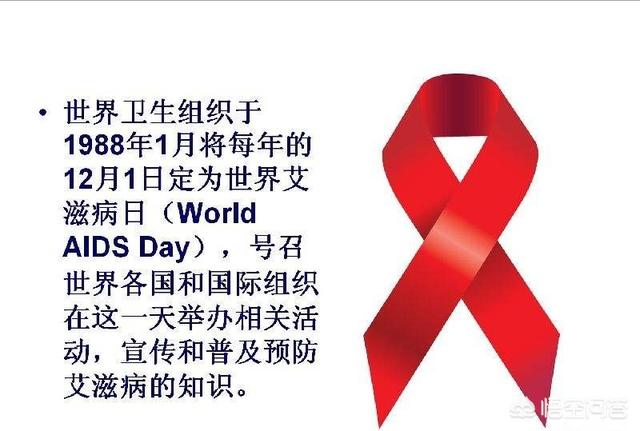
If the man in a couple has AIDS, he will not pass it on to his children, but AIDS is highly contagious and can be passed on to the woman who will then infect her children. Currently, there are specialized sperm washing institutions in foreign countries that remove the HIV virus from the man's sperm before conception. However, this practice is very costly, time-consuming and has a very low success rate.
The most correct and scientific approach is for the partner with AIDS to take antiretroviral medication and for the partner without AIDS to take AIDS blocking medication. When the HIV-positive partner has a completely undetectable viral load, it is a safe time to conceive. Six months after conception, the mother's HIV load is zero, which proves that the conception was successful and she can give birth to a healthy baby. Only about 10% of children can be infected with HIV in this way.
Whether you are taking AIDS blocking drugs or therapeutic antiretroviral drugs, the side effect reactions are very strong, and the development of drug resistance cannot be ruled out. Therefore, to have a child with AIDS requires courage and a great deal of risk.
Thanks for following me and feel free to like and comment.
AIDS is an acquired immunodeficiency disease that is contagious and spreads through sexual transmission, blood transmission, and mother-to-child transmission. One of the husband and wife has AIDS to give birth to a child the chance of being infected, this is difficult to say, because AIDS is an infectious disease, not a hereditary disease. And one of the husband and wife with AIDS to give birth to a child the probability of AIDS, if one of the people suffering from AIDS is the mother that the probability is much higher, the father's side of the probability of AIDS may be a little lower, but there is no absolute medical. But there is no absolute medical probability. What is the specific probability, this is not a hereditary disease, it is difficult to project.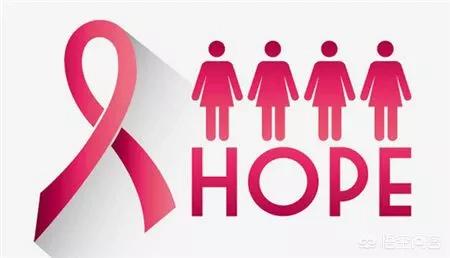
Thanks to Goku for the invite!
The chances of having a child born to a couple where one of the spouses has AIDS is 50% of being infected! Many people reading my answer will wonder how I got such a high figure.
AIDS is transmitted from mother to child, through blood, and through sexual contact, and this question involves calculating the probability of mixing the two routes of transmission. I don't know if anyone has done this kind of research and statistics, but my conclusion of 50% is actually a "fuzzy figure", where the chance of a child being infected is 0 or 100% of the median. We would all prefer 0! Although people with AIDS cannot be denied the right to have children, they should try to avoid harming the next generation for the sake of their children's health!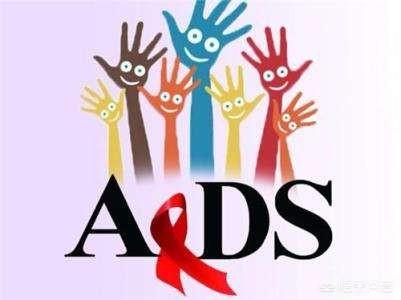
If the desire to have children is particularly strong, it is recommended that conception be carried out under the guidance of a medical professional in treatment, so as to achieve eugenics and minimize the rate of HIV infection!
The above personal insights are for reference! Healthy China, prevention first!
Images in the article are from the internet!
Prevention of mother-to-child transmission of HIV
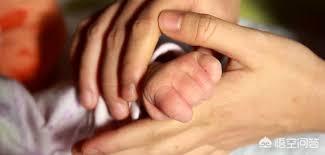
- Mother-to-child transmission of HIV is the transmission of HIV from an HIV-infected person to her child during pregnancy, labor (also known as labor and delivery), or breastfeeding (through breast milk).
- Babies born to women with HIV receive HIV medication for four to six weeks after birth. HIV medication reduces the risk of any HIV infection that may enter the baby's body during delivery.
- The risk of HIV transmission can be reduced to 2% or less if a woman takes HIV medication during pregnancy and delivery and the baby receives AIDS medication within 4-6 weeks of birth.
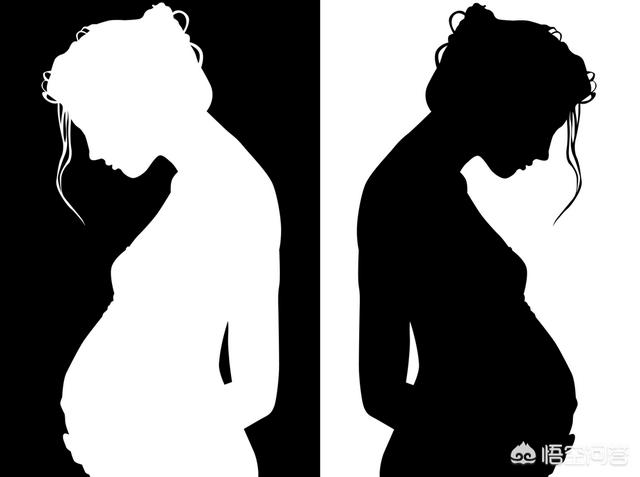
Can you prevent mother-to-child transmission of HIV?
You can!
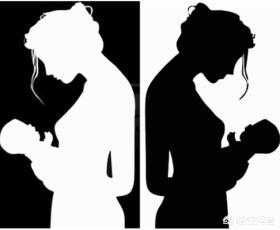
The risk of mother-to-child transmission can be reduced to 2% or less with the use of HIV medications and other strategies. The risk of mother-to-child transmission of HIV is low in the following situations:
- HIV is detected as early as possible during (or before) pregnancy.
- HIV-infected women receiving HIV medication during pregnancy and delivery and, in some cases, scheduled Caesarean sections
- Babies born to HIV-infected women receive HIV medication for four to six weeks after birth and are not breastfed.
Are HIV drugs safe to use during pregnancy?
Most AIDS drugs are safe to use during pregnancy. In general, HIV medications do not increase the risk of birth defects. Health care providers can explain the benefits and risks of specific HIV medications to help people living with HIV determine which HIV medications to use during pregnancy.
There are other ways?
Since HIV can be transmitted through breast milk, HIV-infected people should not breastfeed their babies. Infant formula is a safe and healthy alternative to breast milk. There have been reports of children being infected with HIV from eating food previously chewed by HIV-infected people. To be safe, infants should not be fed pre-chewed food.
Thank you Goku-kun for the invitation.
What are the chances of having a child infected by a couple where one of the spouses has AIDS?
In the prevention and treatment of AIDS, risk assessment in advance can effectively reduce the chances of mother-to-child transmission. It can be categorized into the following two types according to the actual situation:
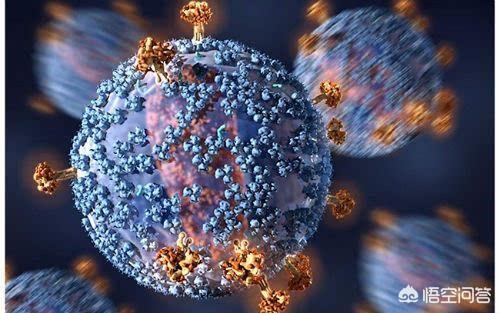
HIV infection is known
This is for the majority of patients who already know they have HIV and want to have children.
If the man is a positive patient, the possibility of infecting the woman is extremely high if no action is taken. This is because HIV semen has a high viral load. Also, the probability of male to female transmission is higher than female to male transmission. This makes it easy for the mother to become infected and pass it on to her child through the mother-to-child route, thus changing from a single-positive family to a double-positive family, which has the highest risk of transmission! Treatment of the male partner can be done by sperm flushing and in vitro fertilization.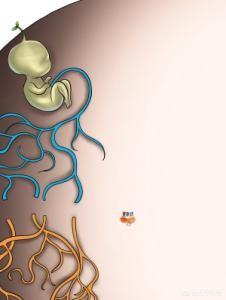
If the woman is infected, the main measures taken are to prevent the child from being infected through the umbilical cord by administering mother-to-child interruption medication to the pregnant woman, and to prevent the child from being infected during childbirth by means of medical protection and by prohibiting breastfeeding after the birth. At the same time, the child is continuously monitored to see if it is eventually infected with HIV.
HIV infection unknown
If this is the case, it is more troublesome, when the woman is pregnant before discovering that she is infected with AIDS, if the time is more than three months, then the chances of being infected may be very high. Then you need to choose carefully whether you want to have the baby or not. Even through the mother-to-child blocking technology may miss the best time to cause the fetus has already been infected. Therefore, both spouses should be screened for HIV during the premarital checkup to avoid the tragedy. In conclusion, modern medical treatment can help AIDS patients to conceive a healthy child, but only if they follow the doctor's advice and do not hide their medical history, and hope that with the help of the doctor, all of you will be able to make your dreams come true!
In conclusion, modern medical treatment can help AIDS patients to conceive a healthy child, but only if they follow the doctor's advice and do not hide their medical history, and hope that with the help of the doctor, all of you will be able to make your dreams come true!
Follow the headline "talk about public health", to learn more about health knowledge!
Thank you Goku for the invitation. First of all, let's say that the probability of 2 couples, male or female alone, having a healthy child with AIDS is different. If the woman has AIDS, then without PMTCT, 25-35% of the babies may be infected with HIV, while after comprehensive PMTCT intervention, the risk of the baby being infected can be reduced to less than 5%. This probability is lower, but it is still a risk, after all, once infected, it is 100% for this child, and the child's misfortune in this life is not necessary for me to say, we can all imagine! So, you must think carefully before having a child!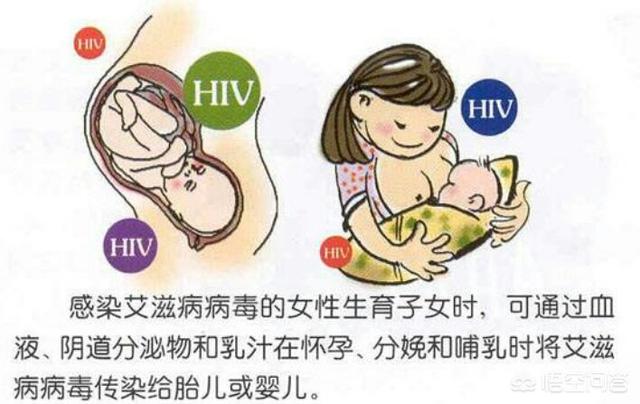
If it is the man who has AIDS, the situation is more complicated. First of all, if you want to make a successful baby in its natural state, you certainly can't do it with a condom. Vaginal intercourse without a condom has a much higher probability of male-to-female transmission of AIDS than female-to-male transmission. Unlike in the case of a woman with the disease, she can be fertilized without vaginal intercourse! So, the man with AIDS is taking a much greater risk that not only the child could be infected, but the woman as well. So the probability of having a healthy baby is very low. There are ways, such as sperm washing for IVF and so on. It is understood that at present, the domestic can not, have to go abroad. In China, you can only take blocking drugs, provided that both parties are informed and voluntarily agree. So it's not easy and the probability of having a healthy baby is not high.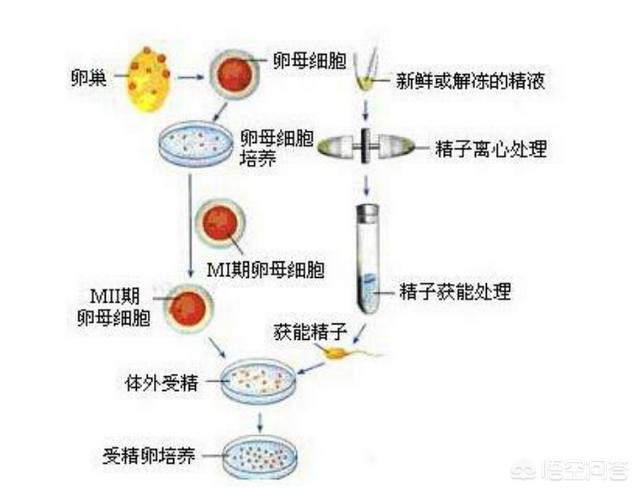
Then, we return to the issue of women with AIDS giving birth to children. In the process of giving birth to a child, the mother with AIDS may transmit HIV to the baby during the pregnancy in the womb, during labor and delivery, and during breastfeeding. Therefore, it is important to keep taking the blocking medication from the beginning of the pregnancy, and to have a cesarean section under strict instructions from the hospital, and not to breastfeed. After the child is born, the child's HIV antibodies will be monitored. If the blockade is successful and a healthy baby is born, the mother should also be careful not to let her blood or body fluids come into contact with the child during the child's growth to avoid transmission!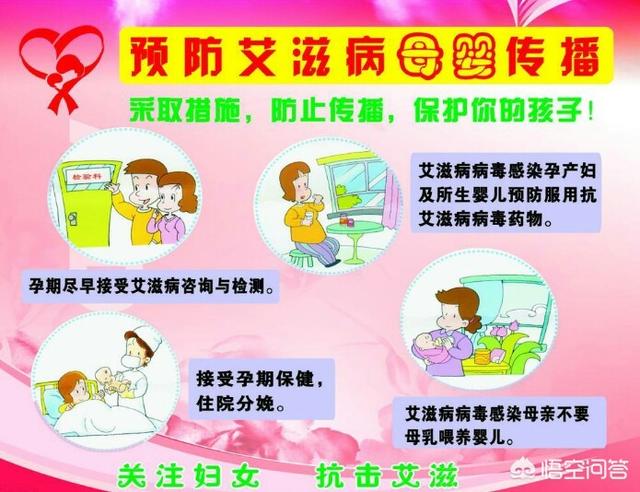
All in all, people with AIDS still have the ability and the right to have healthy babies, but both fathers and mothers should carefully consider their own situation and the surrounding environment before making a decision. After all, the future of your child and your family is at stake, so be careful!
That's all there is to say about this issue. I am a CDC doctor and dietitian, mainly sharing knowledge related to disease prevention and nutritional health, if you are interested, you can read the articles I posted or leave a comment.
AIDS is a contagious disease and not a hereditary disease. We know that there are three main ways of transmission: blood, mother-to-child and sexual. We have never heard of father-to-child transmission, so is it true that a father with AIDS cannot pass it on to his child?
Yes, the father having AIDS is not directly transmitted to the child. So if the father has AIDS and the mother doesn't, does that make it okay to have a child?
Answer:Not really. The father does not pass it directly to the child, but it can be transmitted indirectly. The father usually passes it on to the mother first, and then the child is infected through mother-to-child transmission. Parents with AIDS are advised not to have children.
If the father has AIDS and the mother does not, and the child is wanted badly, IVF and sperm washing can be used to reduce the risk of the child contracting AIDS.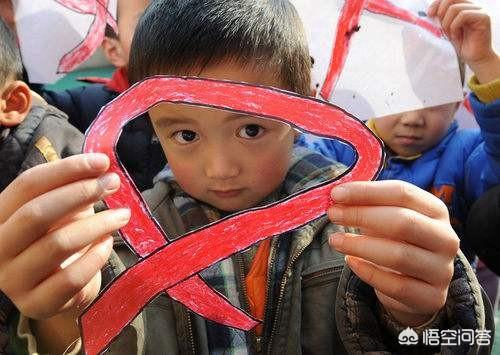
If the mother has AIDS, the probability of giving birth to a child with AIDS without any intervention is 30-50%, and the probability in our country is about 36%. And through g treatment with medication and early intervention, the probability can be reduced to about 8%.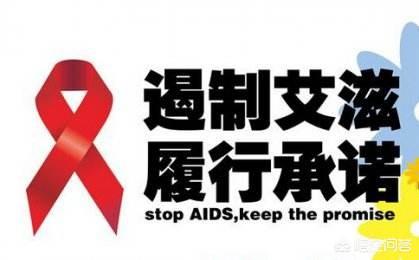
Let's start with how AIDS is transmitted:Blood, mother and child, sexual contact.
If one of the spouses is inadvertently infected with AIDS, the chances of the spouse being infected are very high, and if the wife is infected with AIDS, she herself can transmit it to the fetus, and there is no need to doubt or project the probability of this. The emphasis is on prevention.If one person in a couple is infected with AIDS, it is essential to use condoms when having sex. It is also necessary to develop good living habits, not to be sexually promiscuous, not to take drugs, not to share syringes with others, not to collect blood illegally and not to receive blood. Strictly restrain your own behavior to protect and take care of your family.As to whether or not a person with AIDS can become pregnant and have children, please consult an obstetrician/gynecologist or the STD and AIDS prevention and treatment unit set up by your local disease control department for more information.
One of the three routes of AIDS is from mother to child. However, under current conditions, the mother is tested for AIDS during pregnancy. If the test is detected, the possibility of the child not being infected is very high with the use of blocking technology. It should be said that this is a great progress.
This question and answer are from the site users, does not represent the position of the site, such as infringement, please contact the administrator to delete.